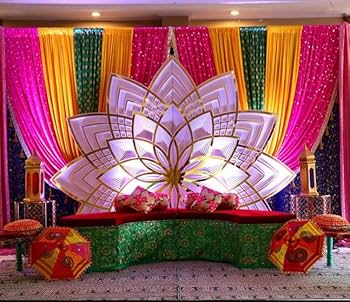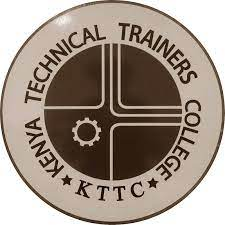
IFabric decoration technology encompasses a diverse range of techniques and processes used to enhance the visual and tactile qualities of textiles. This field combines artistry with advanced technology to create unique designs on fabrics, catering to various applications in fashion, home décor, and promotional materials. Methods such as screen printing, digital printing, embroidery, and dye sublimation enable designers to produce intricate patterns and vivid colors, while innovations in materials—the use of eco-friendly dyes and sustainable fabrics—reflect growing environmental consciousness in the industry. As consumer demands evolve, fabric decoration technology continues to adapt, integrating smart textiles that incorporate electronic elements, thus opening new avenues for creativity and functionality. This dynamic field not only elevates fashion and textile design but also plays a crucial role in branding, providing businesses with impactful and distinctive visual identities.
- Teacher: Admin User



